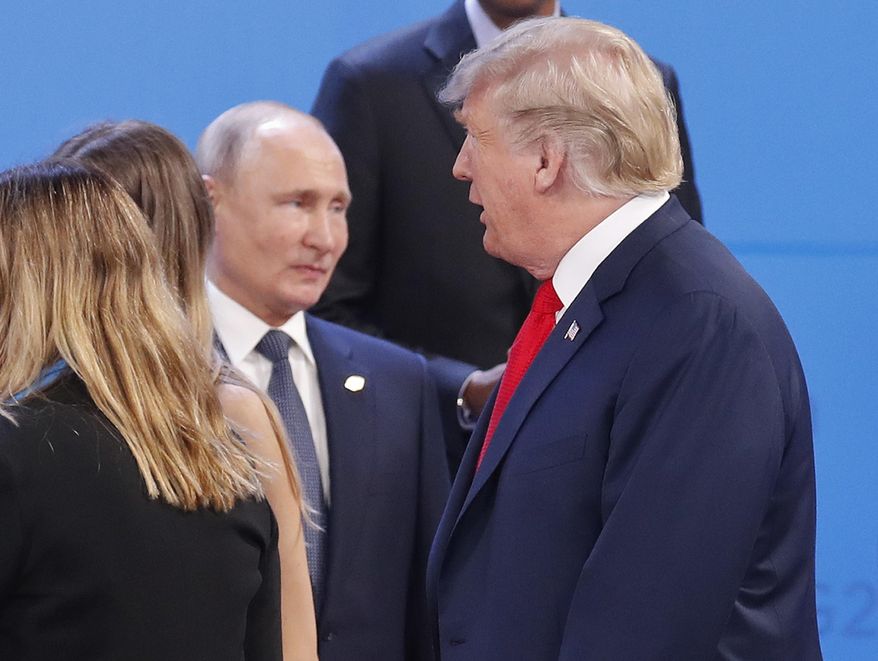Washington should rethink treaty withdrawal threat: China Daily editorial
China Daily | Updated: 2018-12-05 19:54

The United States set a deadline of 60 days for Russia to comply with the Intermediate-Range Nuclear Forces Treaty on Tuesday, with US Secretary of State Mike Pompeo issuing a warning at NATO talks in Brussels that Washington would activate a six-month notice period for leaving the pact unless Russia "returns to full and verifiable compliance".
After US President Donald Trump threatened the US withdrawal from the INF deal in October, the latest US ultimatum shows Washington is still eager to exert more strategic pressure on Moscow.
Washington has repeatedly accused Moscow of being in violation and noncompliance of the INF Treaty, while Moscow has always denied the accusations.
Considering that the INF Treaty has been a cornerstone of maintaining strategic equilibrium between the US and Russia, a unilateral withdrawal by the US would no doubt deepen confrontation with Russia and would likely usher in a new Cold War.
Under the backdrop of escalated tensions between Russia and Ukraine over the Sea of Azov, the prospect of the US leaving the INF pact would also deal a heavy blow to the security outlook of Europe, making it the frontline for the confrontation between the US and Russia.
The US' latest decision is another manifestation of its unilateralist tendencies under the current administration. In May, the Donald Trump administration announced its decision to withdraw from another key nuclear agreement — the Iranian nuclear pact, leaving the multilateral deal in tatters and exacerbating tensions between Teheran and Washington.
By back-pedaling on one nuclear treaty after another, the US aims to give itself carte blanche to upgrade its own nuclear arsenal. Such ambitions were clearly stated in the nuclear posture review revealed by the Trump administration in February.
Ironically, while Washington is pulling out of nuclear weapons control deals, it is pushing for an unprecedented reconciliation with the Democratic People's Republic of Korea with the aim of getting that country to abandon its nuclear defenses.
The US decision to withdraw from both the INF Treaty and the Iran deal is unlikely to instill confidence in Pyongyang that Washington will honor any agreement.
In today's world of interdependency and inter-reliance, the US should know that any decision that may imperil other countries' security outlook will backfire and undermine its own security.
Washington should realize that too much would be at stake if the 1987 pact is abandoned: It would undercut the international efforts at nuclear non-proliferation and trigger a worldwide nuclear arms race, thus worsening the nuclear security of all countries, including the US.
























